August 14, 2025 | 08:34 GMT +7
August 14, 2025 | 08:34 GMT +7
Hotline: 0913.378.918
August 14, 2025 | 08:34 GMT +7
Hotline: 0913.378.918
At the workshop organized on August 7 in Hanoi by Amavet Veterinary Trading Joint Stock Company, Formosa Biochemical Industry and Better Pharma Vietnam Co., Ltd., experts and businesses gave out many warnings about the dangerous level of Japanese encephalitis (JE) in pig farming, particularly its impact on reproductive performance and the risk of transmission to humans.

Information from Nguyen Van Bach, Director of Amavet Veterinary Trading Joint Stock Company, indicates that Amavet has recently collaborated with several testing centers and livestock companies to conduct screenings, which have yielded alarming results regarding Japanese encephalitis in pigs in Vietnam. Photo: HT.
According to Nguyen Van Bach, Director of Amavet Veterinary Trading Joint Stock Company, after six years of fighting African swine fever, the pig farming industry in Vietnam is entering a period of restructuring and strong transformation towards professionalism.
In the context of increasingly complex epidemics, livestock farmers are forced to change their mindset, adhere to strict procedures and proactively prevent diseases. Among them, Japanese encephalitis comes as a new threat but has received little attention.
“This disease in humans can have a mortality rate of up to 20 - 30%; 100% of cases that survive leave lifelong sequelae, significantly affecting the burden on society. In pig herds, the disease occurs silently with symptoms that can be easily confused with many other diseases, seriously affecting productivity and causing potential dangers to the health and lives of people directly involved in the livestock farming process. Since the previous laboratory diagnostic methods are not popular, not to mention the lack of attention to this disease in pigs, the industry is still somewhat negligent in preventing JE,” said Director Nguyen Van Bach.
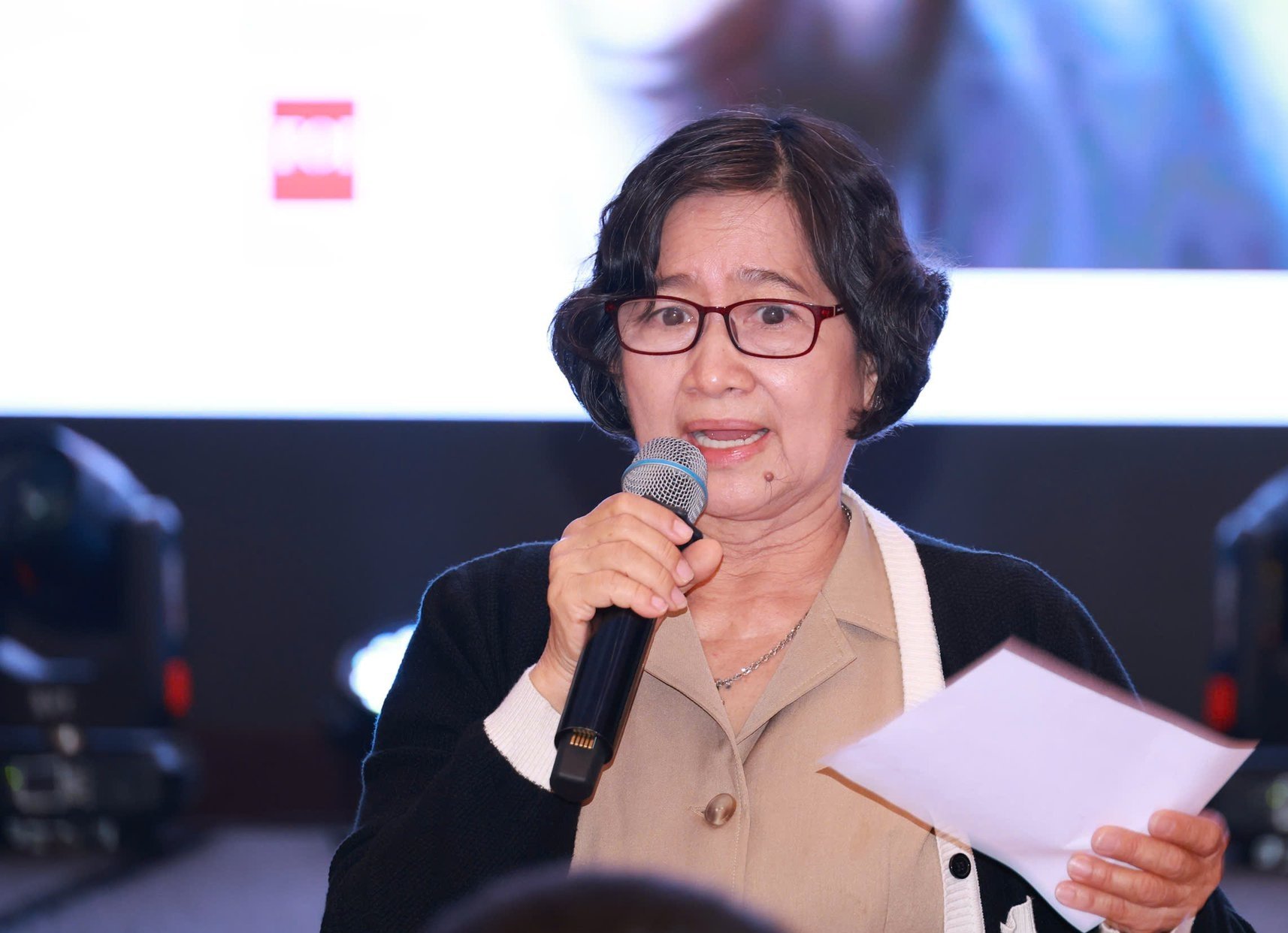
Dr. Ho Thi Viet Thu, Can Tho University, said that Japanese encephalitis is a dangerous infectious disease transmitted by mosquitoes, which can be transmitted to humans with a high mortality rate and cause serious sequelae. Photo: HT.
At the workshop, Dr. Ho Thi Viet Thu from Can Tho University shared her opinions from a scientific perspective: The effects of Japanese encephalitis include high fever, convulsions, and tremors in piglets; miscarriage, weak birth, and stillbirth in sows; orchitis and temporary infertility in boars. In particular, mother pigs often do not have obvious clinical symptoms, making it difficult to recognize and control the disease.
The disease often breaks out during the rainy season, the time when mosquitoes thrive. This makes the reproductive disorder syndrome of JE easily confused with other diseases such as PRRS, pseudorabies, swine fever, or leptospirosis. One thing to note is that piglets born from sows infected with JE are often uneven in size, with symptoms similar to many other diseases, but with separate causes.
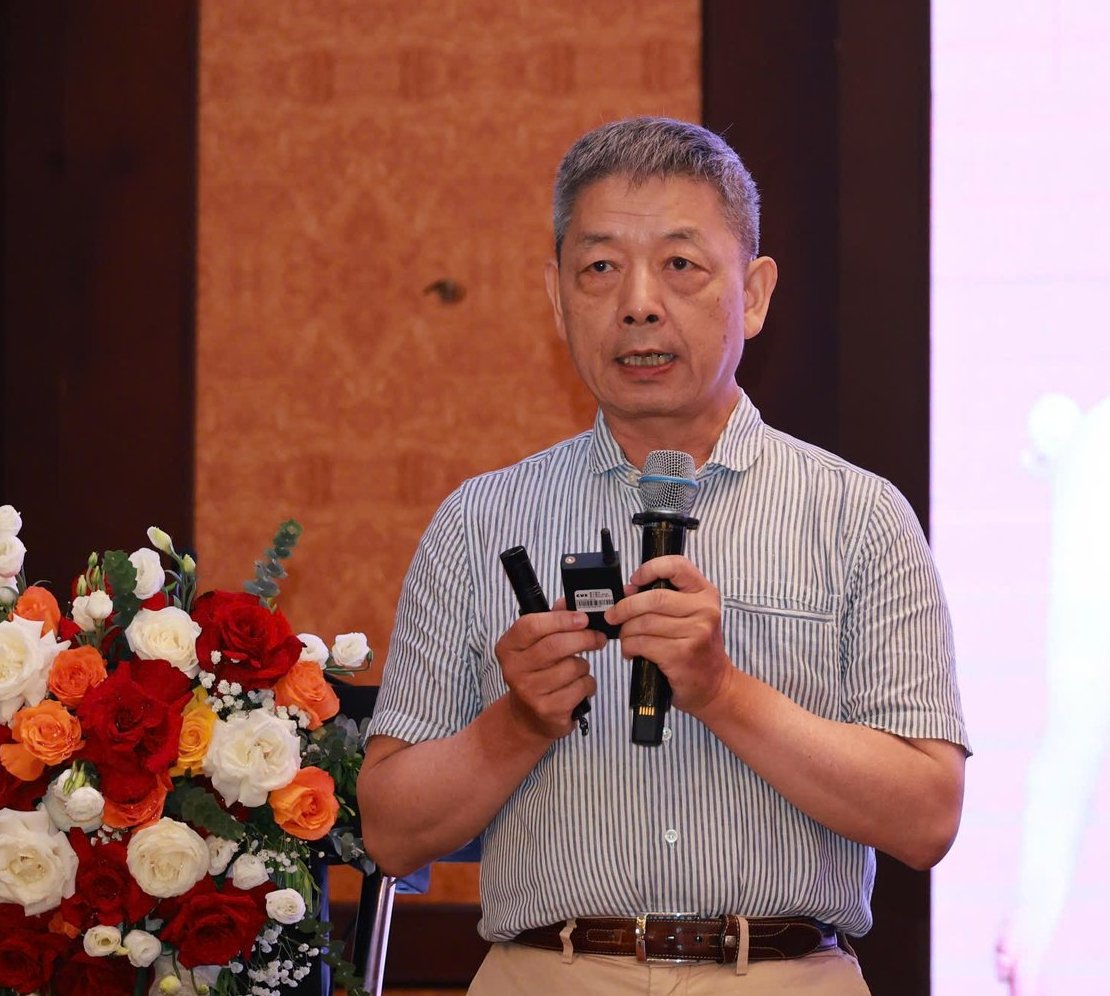
Chen Chi Min, representative of Formosa Taiwan, shares the solution of using a live vaccine to prevent Japanese encephalitis in pigs. Photo: HT.
Regarding disease prevention solutions, a representative of Formosa Biochemical Industry (Taiwan) introduced the BIO-LJE vaccine - a live attenuated vaccine against Japanese encephalitis produced by Formosa Biochemical Industry. This vaccine uses a virus strain of genotype 3, which is suitable for strains circulating in Vietnam and can cross-protect against genotype 1.
BIO-LJE is widely used in Taiwan, including many large farms such as CP Taiwan (40,000 sows), Taitang (35,000 sows), and Da-chan (30,000 sows). It is recommended for pig farms with negative sample results to inject 2 doses of the vaccine 3 - 4 weeks apart before mating, then periodically inject every 6 - 12 months. In the case of farms with positive results, sows should be vaccinated before mating or early in pregnancy to increase antibodies in colostrum and reduce the risk of transmitting the disease to piglets.
The live vaccine BIO-LJE does not cause viremia, does not release virus into the environment, and has no risk of reverting virulence. Practical tests show that 10-day-old piglets and pregnant sows after vaccination are all healthy, with no signs of virus infection or fetal malformations.
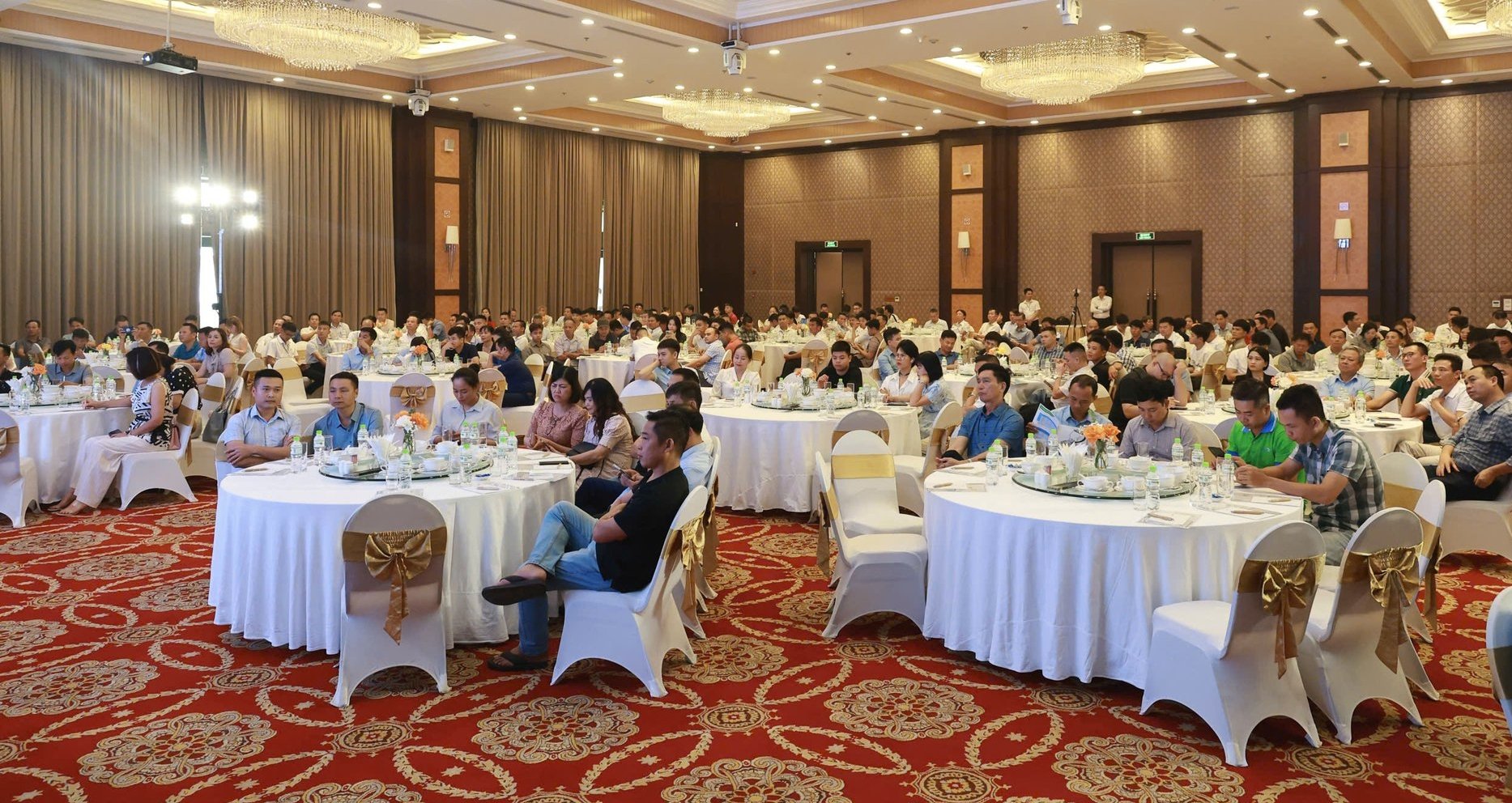
The workshop attracted hundreds of farm owners and pig farming businesses in Vietnam, showing the great concern about Japanese encephalitis. Photo: HT.
The pig farming industry requires increasingly professional and systematic investment. This is a challenge but also an opportunity for farmers to survive and thrive. To adapt to the current situation, farmers need to change comprehensively from an investment mindset to farming methods towards more rigorous, standardized and strict processes.
Through the workshop, Amavet Veterinary Trading Joint Stock Company hopes that farmers will gain better experience and more effective solutions in preventing Japanese encephalitis, thereby bringing value, benefits and safety to their pig farms.
Translated by Samuel Pham
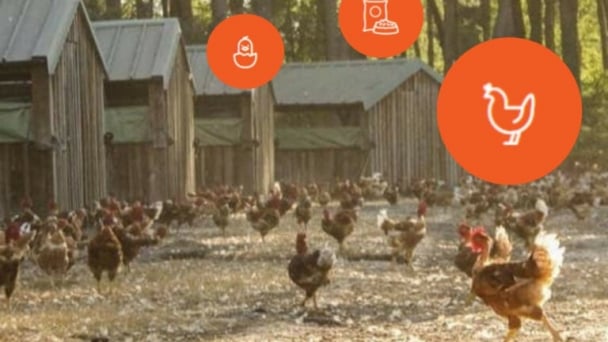
(VAN) The French agricultural cooperative Maïsadour aims to bolster its well-known chicken sector through substantial investments in new poultry houses.
/2025/08/10/2210-4-151901_516.jpg)
(VAN) The Emission Reductions Payment Agreement (ERPA) in the North Central region has brought significant benefits to ethnic communities in Nghe An, further enhancing the value of forests.
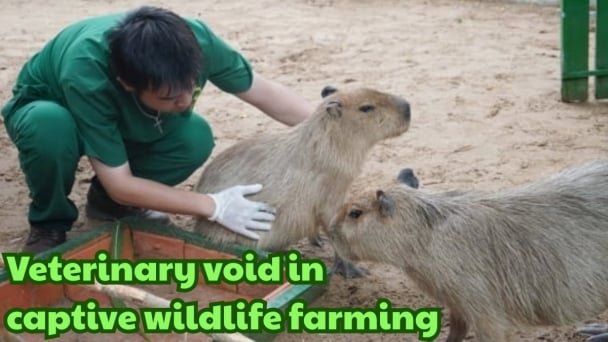
(VAN) More than a conservation site, Saigon Zoo is emerging as a model for wildlife health surveillance in the heart of Ho Chi Minh City.
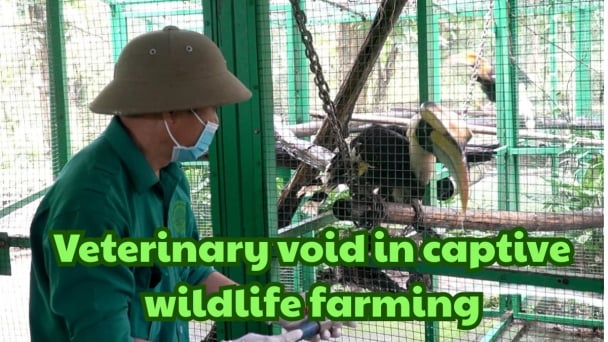
(VAN) From local pilot initiatives to global best practices, effective disease surveillance in captive wildlife demands a coordinated ecosystem, before it’s too late.
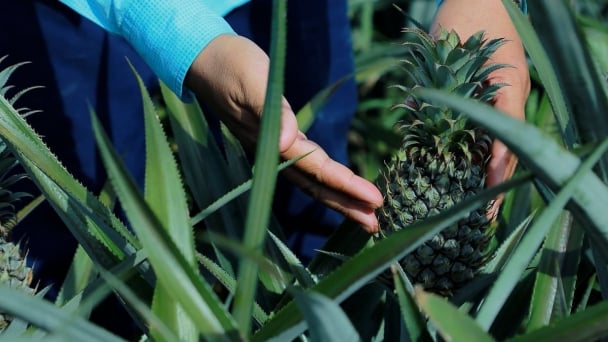
(VAN) The North Central's dry climate and hilly landscape give it the potential to become a top pineapple production region, provided it capitalizes on its natural advantages and invests properly.
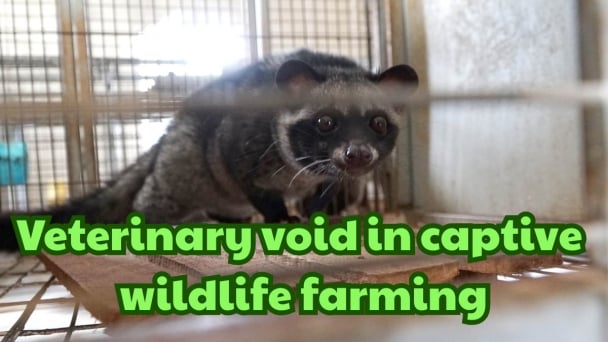
(VAN) Captive wildlife in Vietnam largely remains outside the official disease prevention system, exposing numerous species to uncontrolled risks.